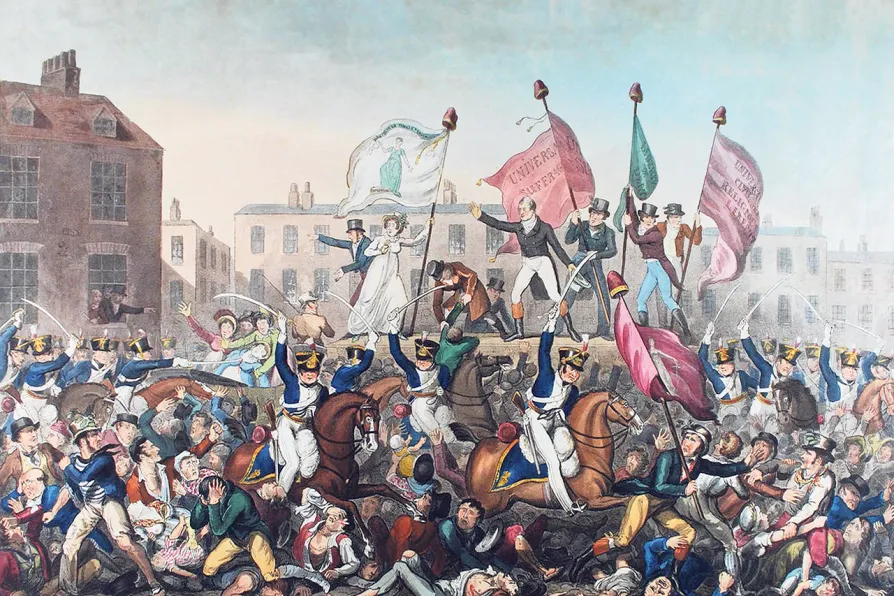As Colombia approaches presidential elections next year, the US decision to decertify the country in the war on drugs plays into the hands of its allies on the political right, writes NICK MacWILLIAM

 The Peterloo Massacre
The Peterloo Massacre
THIS year has been the 200th anniversary of Peterloo and with it Shelley’s poem the Masque of Anarchy has received fresh publicity.
It was read by actor Maxine Peake in the historic John Rylands library in Manchester as part of the anniversary activities.
The Masque of Anarchy was not freely available until some years after Peterloo, but the first poem Shelley wrote of political note, while still a student at Oxford in 1811, a Poetical Essay on the Existing State of Things, was published at the time.

In 1981, towering figure for the British left Tony Benn came a whisker away from victory, laying the way for a wave of left-wing Labour Party members, MPs and activism — all traces of which are now almost entirely purged by Starmer, writes KEITH FLETT

Who you ask and how you ask matter, as does why you are asking — the history of opinion polls shows they are as much about creating opinions as they are about recording them, writes socialist historian KEITH FLETT

KEITH FLETT revisits debates about the name and structure of proposed working-class parties in the past

The summer saw the co-founders of modern communism travelling from Ramsgate to Neuenahr to Scotland in search of good weather, good health and good newspapers in the reading rooms, writes KEITH FLETT














